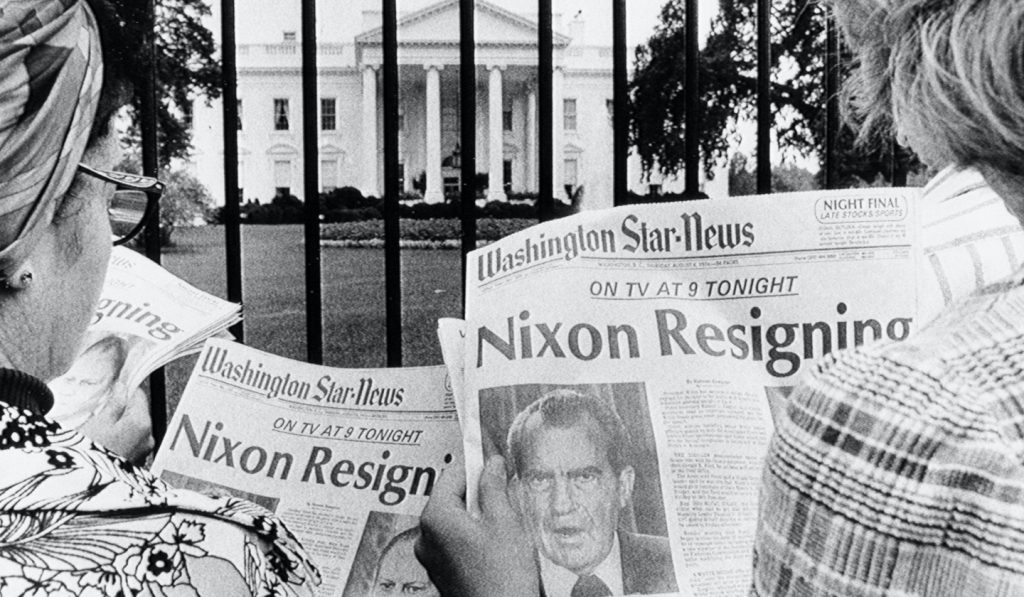
The political backroom dealings during Christ’s day easily rival the political backroom dealings in ours. Then as now, fallen people in political leadership make very complex webs of the deceit and ungodly alliances they weave in attempts to make their lives and jobs easier. Somehow it seems that political leadership rarely recognizes that unless they are living to honor God Most High, it never works out well for either them or the people they lead.
Herod the tetrarch knew that John was a righteous man, so he had a level of curiosity about the things John was saying. As Mark puts it, “When Herod heard John, he was greatly puzzled; yet he liked to listen to him.” But when John began speaking directly against what Herod had done in divorcing his wife of many years so he could take his own brother’s wife, Herod acted against John. As the great historian Josephus put it, “Herod, who feared lest the great influence John had over the people might put it into his power and inclination to raise a rebellion (for they seemed ready to do anything he should advise), thought it best, by putting him to death, to prevent any mischief he might cause, and not bring himself into difficulties, by sparing a man who might make him repent of it when it should be too late.”
Yet while Herod imprisoned John, he still didn’t have mind to put him to death entirely on his own. That was actually Herodias’ idea. She had agreed to leave Herod’s brother and marry Herod – likely because that afforded her a better lifestyle and more power. The Gospel of Mark makes it clear, “Herod himself had given orders to have John arrested, and he had him bound and put in prison. He did this because of Herodias, his brother Philip’s wife, whom he had married. For John had been saying to Herod, “It is not lawful for you to have your brother’s wife.” So Herodias nursed a grudge against John and wanted to kill him. But she was not able to, because Herod feared John and protected him, knowing him to be a righteous and holy man.”
As Herod and Herodias were already together, the Word of God can rightly say that it was Herod who wanted to kill John just as it says Herodias wanted to, for in God’s sight the two becoming one flesh had tied their spiritual as well as physical fortunes together. So Matthew records, “Herod had arrested John and bound him and put him in prison because of Herodias, his brother Philip’s wife, for John had been saying to him: “It is not lawful for you to have her.” Herod wanted to kill John, but he was afraid of the people, because they considered him a prophet.”
We all readily see that we suffer for the sins of our political leaders. But do we understand that the sins of our spouse are our sins, and the righteousness of our spouse is our righteousness? Just as we are tied to the political dealings of those over us in power, so we are tied to the spiritual life of the one we’ve bound ourselves to in marriage. We must therefore pray all the more for both our spouse and those over us in government, because we will live with the consequences of their sins as well as our own! Amen.
People are unique in the inner life of the mind—what they are in their thought-world determines how they act. This is true of their value systems and it is true of their creativity. It is true of their corporate actions, such as political decisions, and it is true of their personal lives. The results of their thought-world flow through their fingers or from their tongues into the external world. This is true of Michelangelo’s chisel, and it is true of a dictator’s sword.
Francis A. Schaeffer
APPLICATION: Intentionality
“I urge, then, first of all, that requests, prayers, intercession and thanksgiving be made for everyone…” – the apostle Paul, writing in 1 Ti 2:1

